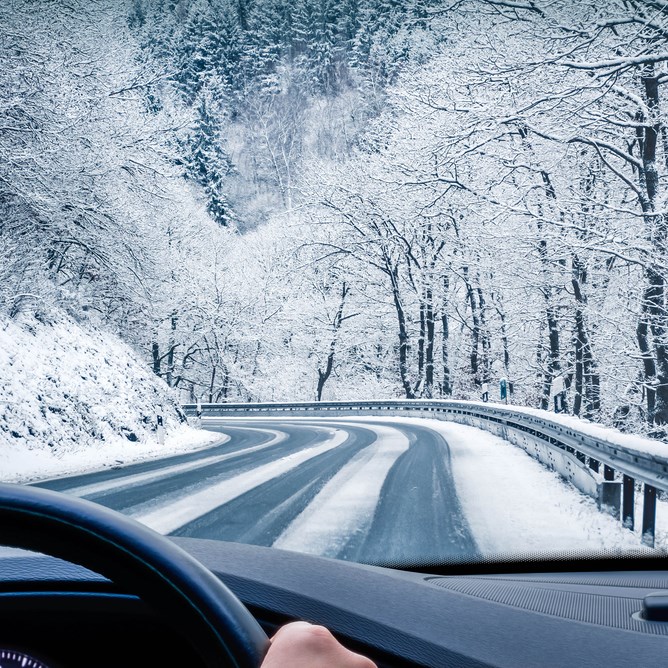The city's first burst of subzero weather for this season is in the cards.
The overnight low is forecast to dip to -2 Celsius over Friday night and is to be followed by dips to -4 C, -3 C and -1 C over the three nights to follow, according to Environment Canada.
Daytime highs, meanwhile, are to reach 8 C on Friday, when there is a 40-per-cent chance of rain showers or wet flurries, followed by 9 C on Saturday and Sunday and 11 C on Monday.
Given the time of year, it's to be expected, said Environment Canada meteorologist Doug Jones, who attributed the event to a colder air mass moving in from the Yukon and Northwest Territories.
He also urged drivers planning to drive through the Pine Pass or through the Rockies to be prepared.
"Especially in Southern B.C., the mountain passes will be snowy likely at the beginning of the weekend, so people might want to put their winter tires on a little earlier if they're planning on travelling out and about," Jones said.
Environment Canada is calling for warmer temperatures by the middle of next week but it should be short lived.
"There is another system that may move down towards the end of next week, so the general pattern for the next week to 10 days is generally colder than average and unsettled," Jones said.
Meteorological fall began Sept. 1 and meteorological winter begins Dec. 1 and Jones the change over that time can be drastic.
"So every time we head downhill, it feels worse because the drop is bigger than the rise," he added. "It does give a little bit of a shock...but it's Canada after all."
Expect below-zero daytime highs in about six to eight weeks.
Looking back, Jones said rainfall over the past 30 days was close to the average of 55 millimetres. It was wetter than usual to the south and drier than usual to the north, he added.



